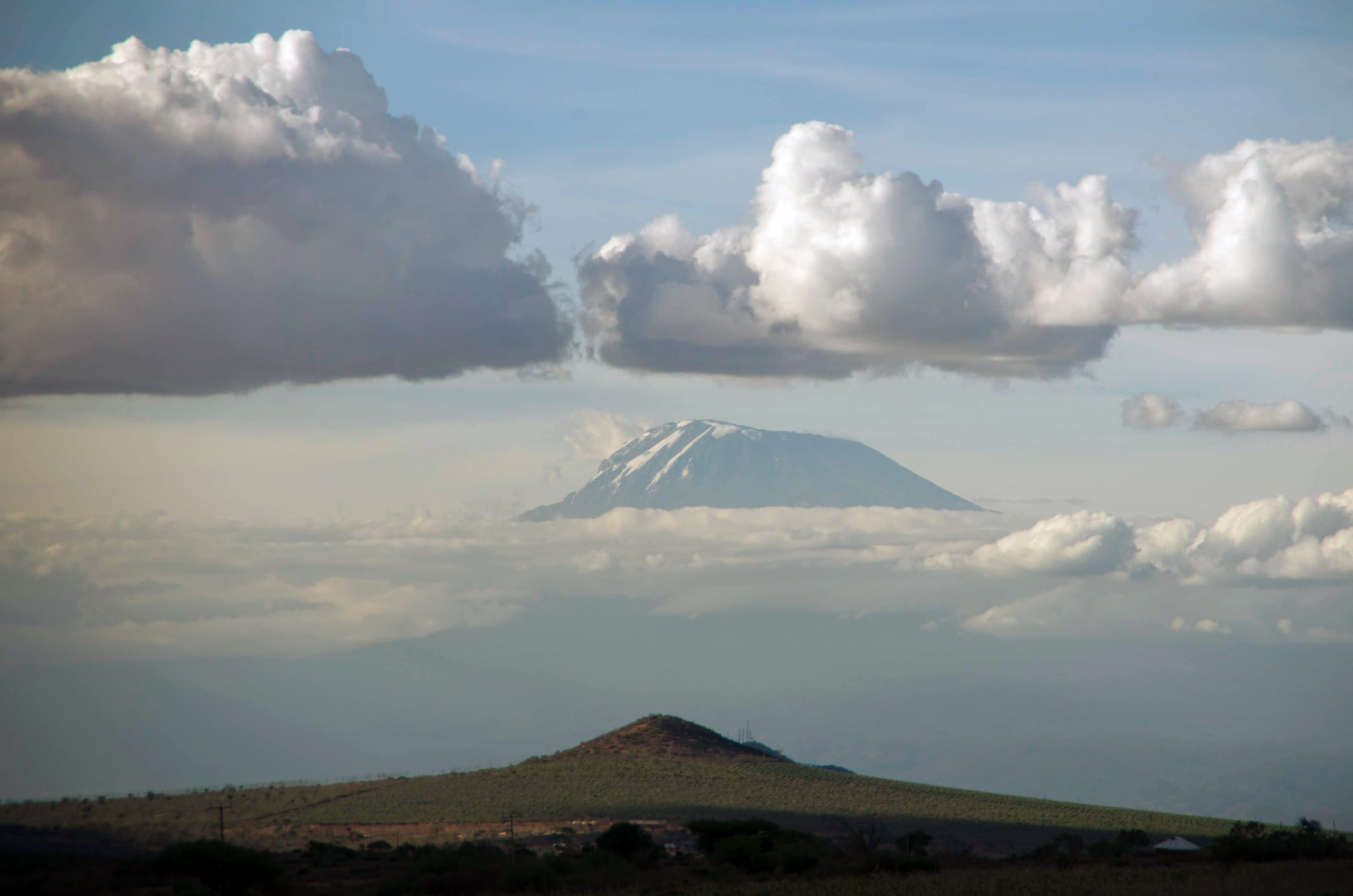Dagli anni Sessanta dell’esploratore Walter Bonatti agli anni 2000: quante cose sono cambiate, migliorate, peggiorate? Aerei a ogni ora ci permettono di raggiungere qualunque luogo vogliamo, agenzie viaggio ci consentono di vivere avventure pagate in territori incontaminati e, soprattutto, sono sparite dalle carte le zone bianche, inesplorate. Sono state visitate, documentate, tracciate e globalizzate lasciando l’ignoto alla letteratura d’altri tempi. Osservando l’archivio Walter Bonatti si configurano, nitide nella mente, le immagini di paesaggi, luoghi e popoli ai confini del Pianeta. Esistono ancora? Come si sono trasformati? Cos’è successo? L’unico modo per scoprirlo è tornare sul posto. Cosa può significare tornare quarant’anni dopo negli stessi luoghi esplorati e raccontati da Walter? Tornarci con semplicità e umiltà come ha fatto lui: fotocamera al collo, zaino in spalla e tanta voglia di scoprire il mondo.
Il progresso, in qualche modo, ha allontanato l’uomo dalla natura. Quando Bonatti ha iniziato l’esplorazione del mondo orizzontale, esistevano ancora aree incontaminate, territori in cui potersi fermare e ascoltare i suoni del mondo, incontrare popoli con uno stile di vita diverso che mette al centro altre priorità. Il documentario vuole sensibilizzare sull’importanza di assecondare i ritmi naturali per evitare il tracollo del Pianeta. Esiste un modo di intendere la vita che per molti anni ci è stato lontano, ma che ora torna come tema centrale della nostra esistenza. Ce lo mostra ogni giorno la crisi climatica, per esempio. Bonatti, con i suoi reportage, parla un linguaggio trasversale nel tempo e ci dimostra quanto e come l’uomo abbia impattato sul pianeta, trasformandolo da un punto di vista sociale, culturale e ambientale. Ma ci racconta anche di un ritrovato rapporto con il mondo, senza paure e preconcetti, utile a riscoprirsi parte di una dimensione innata e naturale.
